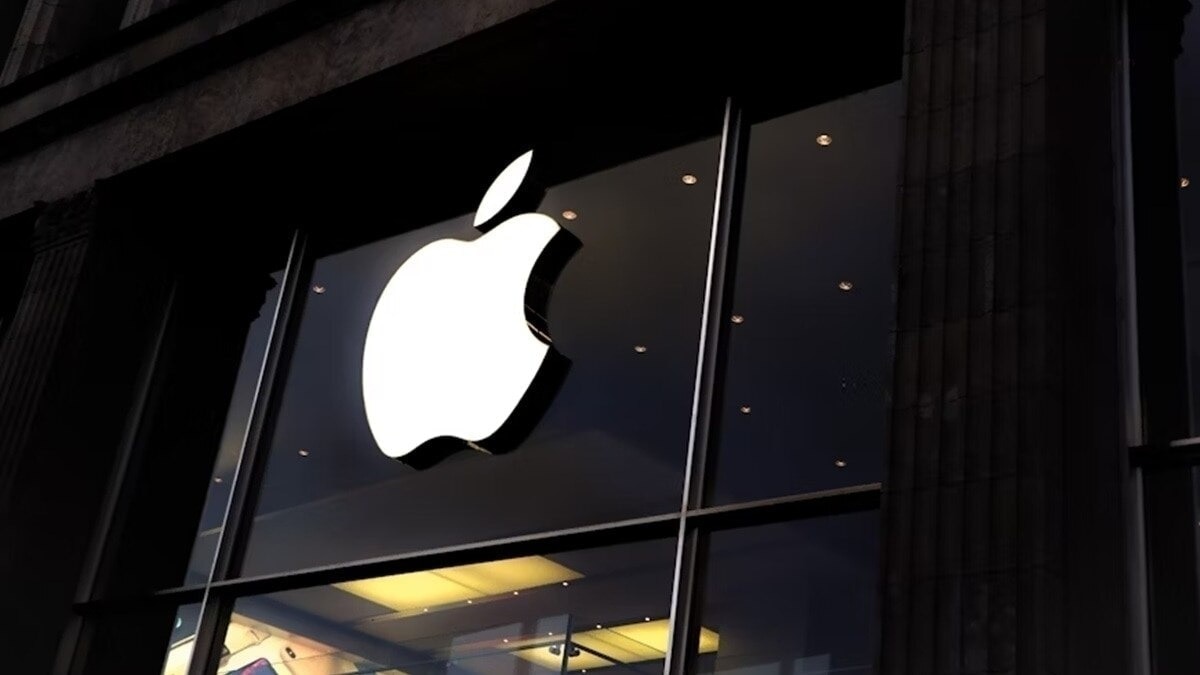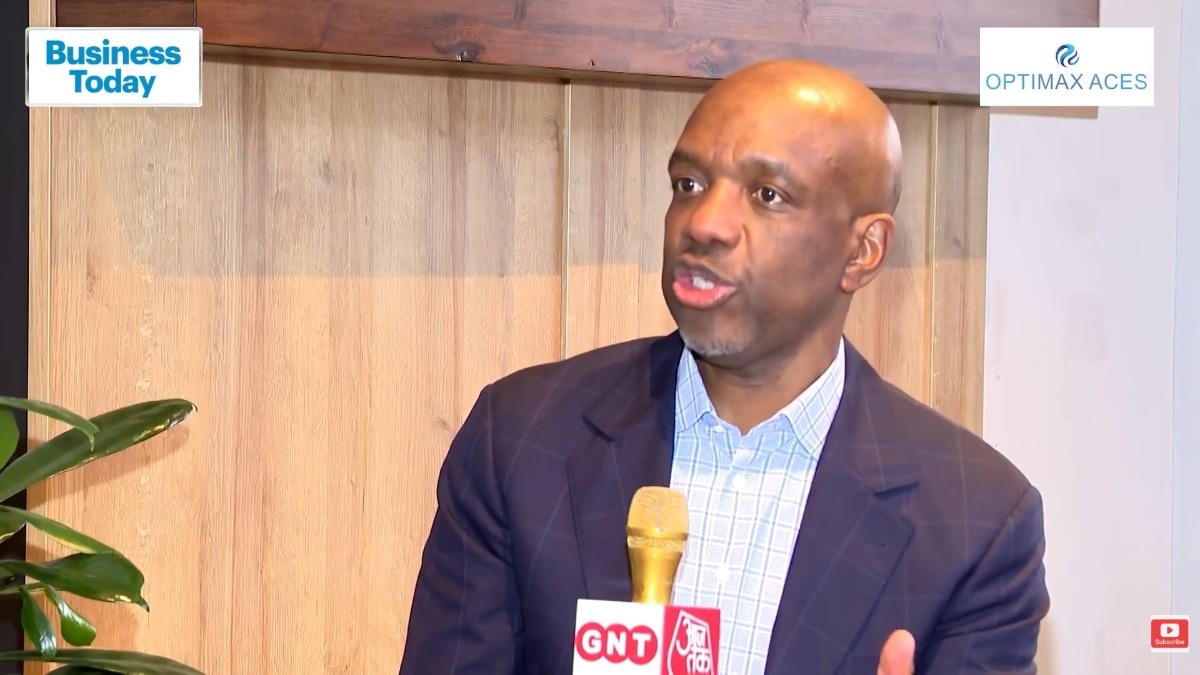Apple is actively exploring partnerships with prominent AI companies OpenAI and Anthropic as it considers a significant update to Siri. This potential collaboration may lead to a shift away from its own artificial intelligence initiatives. The focus is on utilising external large language models (LLMs) to enhance the future versions of its voice assistant, signifying a groundbreaking change in Apple’s stance on generative AI.
According to a report by Bloomberg’s Mark Gurman, Apple has approached both OpenAI and Anthropic to tailor and train their AI models for application within Apple’s cloud framework. This strategy would enable the tech giant to uphold user privacy while making use of more sophisticated third-party AI technologies.
Should this strategy be realised, it would represent a considerable change from Apple’s current approach. The company has traditionally emphasised the development of proprietary AI tools, known as Apple Foundation Models, and has committed a multi-billion-pound budget to run these models in the cloud by 2026. However, insider information indicates that the performance of Apple’s internal models is perceived to be less effective compared to those from external suppliers.
Key executives, including Craig Federighi and John Giannandrea, are reportedly becoming more receptive to collaborating with external partners to expedite progress. One initiative being assessed involves a 2026 update to Siri, timed with the launch of iOS 26.4, aiming to incorporate enhanced contextual understanding and the capability to perform more intricate, multi-step tasks based on on-screen information and user data.
Despite these ongoing discussions, no definitive conclusion has been reached. An independent internal project, referred to as “LLM Siri,” is still under development and might lead to a revamped assistant driven entirely by Apple’s AI models by 2025.
The evolving strategy has purportedly resulted in internal discord. Bloomberg’s Mark Gurman notes that a senior AI engineer at Apple, Tom Gunter, departed from the company recently. The team responsible for Apple’s MLX open-source AI framework has also reportedly threatened to resign, expressing dissatisfaction with the company’s lack of clear direction in the realm of generative AI.
Apple faces challenges amidst rising competition for AI expertise. Firms such as Meta and OpenAI are providing salaries that can surpass Apple’s compensation by more than double. Recently, Meta CEO Mark Zuckerberg announced the establishment of Meta Superintelligence Labs, concentrating on the development of artificial general intelligence (AGI), with aggressive hiring from Apple’s rival companies.
Apple’s openness to engaging third-party AI suppliers echoes a strategy already embraced by competitors. For instance, Samsung incorporates Google’s Gemini AI under its Galaxy AI branding. Additionally, Anthropic’s Claude is employed by Amazon to enhance its new Alexa+ offering.
Apple has also been contemplating potential acquisitions to strengthen its AI capabilities, including discussions with Perplexity and Thinking Machines Lab, a startup founded by Mira Murati, the former Chief Technology Officer at OpenAI.
While Apple’s long-term aim continues to be owning and operating its own AI models, the immediate focus appears to centre on swiftly closing the gap with competitors and ensuring that Siri remains competitive with its Android alternatives.







